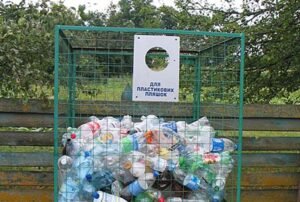When it comes to promises made by social movements, human rights scholar Rebecca Hamilton has heard it all. “Share this Facebook link and you can save the life of a child in Uganda. Wear this bracelet and you can bring peace to Darfur,” she recalls. “The problem is most of the time, it’s simply not true that doing a low-cost action can be very high value to somebody somewhere else.”
Hamilton is the Deputy Director of the Robert L. Bernstein Institute for Human Rights at New York University. With both hope and skepticism, she closely followed the Save Darfur movement, which galvanized Americans to rally against the Sudanese government for carrying out mass atrocities against its own people. Her resulting book, Fighting for Darfur: Public Action and the Struggle to Stop Genocide, examines the power and limitations of what she describes as the biggest social movement in the U.S. since the anti-apartheid campaign.
“I was spending increasing amounts of time in Sudan and had increasing connections with Sudanese, and I was just seeing this growing mismatch between the rhetoric of the Save Darfur movement — and what it was imagining that it was achieving — and what was actually happening on the ground,” she says.
Sign up for our free newsletters
Subscribe to NPQ's newsletters to have our top stories delivered directly to your inbox.
By signing up, you agree to our privacy policy and terms of use, and to receive messages from NPQ and our partners.
In this podcast, hear a first-hand account of the disconnect between a hopeful social movement, the harsh reality for those it tried to help, and the lessons that emerged along the way.
Featured Image: Rebecca Hamilton interviews Vice President Riek Machar when covering the South Sudan referendum for The Washington Post. Credit: Cédric Gerbehaye.













